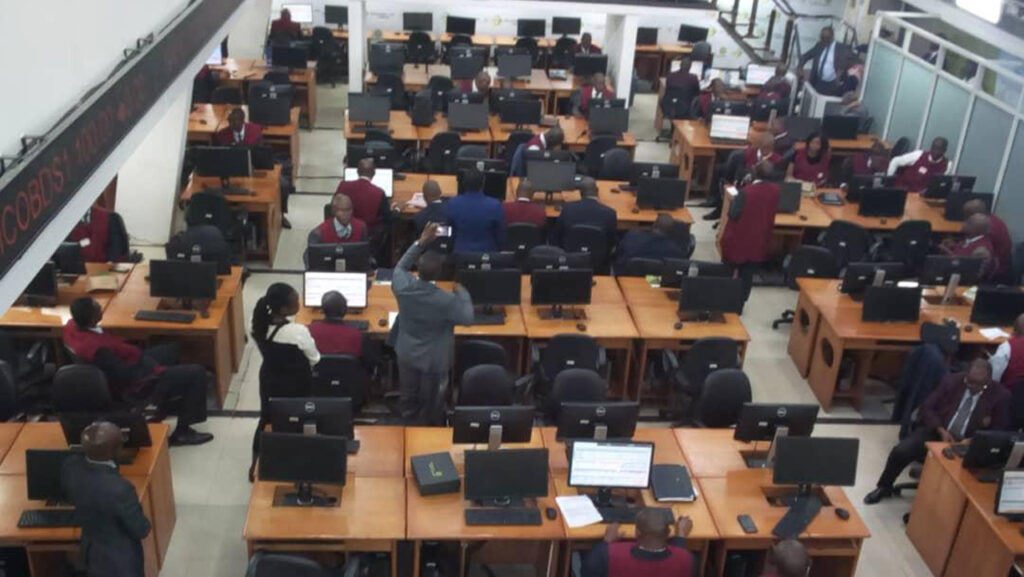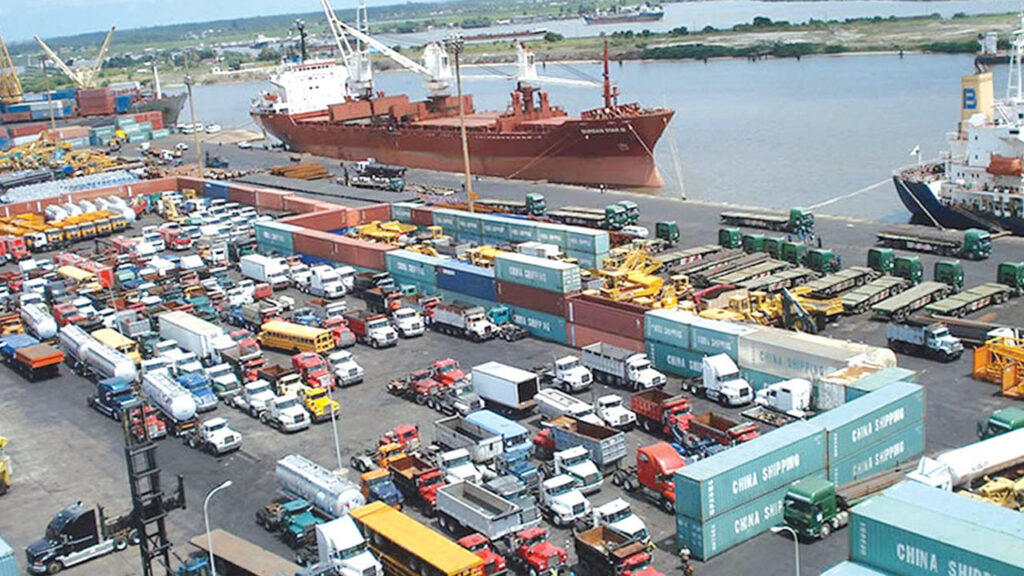
To address the growing unemployment rates among seafarers in Africa, a maritime and anti-piracy security expert trained in the United States, Capt. Alfred Oniye, has outlined a comprehensive plan aimed at revitalising job prospects for this skilled workforce.
Oniye, who is also the Secretary General of Merchant Seafarers Association of Nigeria, had earlier lamented that over 70 per cent of Nigerian seafarers are out of job, warning of a spike in piracy attacks in the nation’s waters as well as the Gulf of Guinea.
He also disclosed that the baseline for insecurity in the regional waters is the unemployment of seafarers, as the trained seafarers turn out to be professionals attacking vessels. Oniye detailed a seven-point strategy to enhance the maritime sector and increase employment opportunities for African seafarers.
The key components of his proposal include bolstering maritime education, fostering local shipping industries, and enhancing international maritime collaborations.
One significant area Oniye emphasised is investment in maritime education and training programme. He also proposed expanding existing maritime academies and introducing cutting-edge training modules to ensure that African seafarers meet international standards and certifications.
Oniye also highlighted the importance of local initiatives, such as the Seafarer Employment and Development Programme (SEDP), which focuses on providing comprehensive training, mentorship, and job placement services.
He argued that such initiatives are crucial in preparing seafarers for the global job market while fostering local maritime capabilities.
Another pivotal aspect of his strategy is the stimulation of the local shipping sector. He said by supporting the growth of domestic shipping companies, more job opportunities can be created within African nations, potentially reducing the need for seafarers to seek employment abroad.
Oniye called for increased international collaboration, suggesting that partnerships with global maritime organisations could lead to more job placements abroad for African seafarers.
Furthermore, he proposed the establishment of research centers dedicated to maritime innovation, which would not only advance the industry but also generate new employment opportunities.
Governmental support is also crucial, according to Captain Oniye, who advocated policies that prioritise the hiring of national seafarers on both local and international vessels operating in African waters.
Lastly, he emphasised the potential of the blue economy, which includes industries like fisheries, aquaculture, and maritime tourism. He said expanding these sectors could diversify employment options for seafarers and help stabilise the job market.
Oniye said this comprehensive approach aims to create a sustainable maritime job market in Africa, ensuring that the continent’s seafarers are not left behind in the global maritime industry.
His proposals have sparked interest among industry stakeholders and policymakers, who are keen to see how these strategies could be implemented to benefit the African maritime community.













